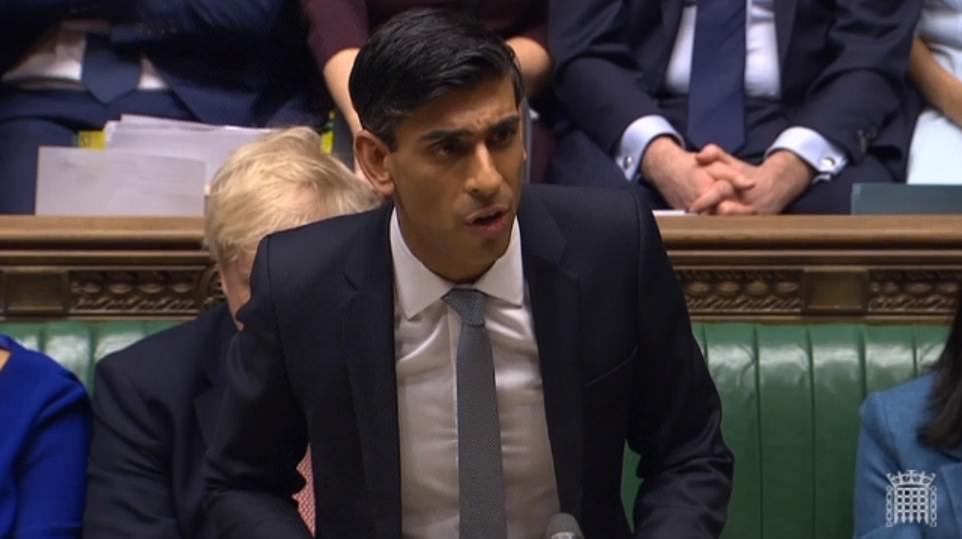
PERSONAL TAX
- Dividend Tax Rates – confirmation, which formed part of the September announcement re: 1.25% national insurance and dividend tax increases to “fix social care” applies to dividend income from 6th April 2023 (as it does for employment), so that:
- Basic rate 8.75% (currently 7.5%)
- Higher rate 33.75% (currently 32.5%)
- Additional rate 39.35% (currently 38.1%)
- The dividend trust rate of income tax increases to 39.35%
No other rate changes, increases in allowances or increase in the tax thresholds, which we have flagged on many occasions, in not changing the last two, the taxpayer suffers fiscal drag (earnings growth and inflation push more earners into higher tax brackets).
- Adult annual ISA subscription for 2022 and 2023 unchanged at £20,000. Both Junior ISA and Child Trust Fund allowance also remains at £9,000.
- Increase in normal pension age from 55 to 57 from 6th April 2028 – when you can access your pension.
- Basis period reforms (where those sole trader and partnerships have tax years different from 5th April or 31 March), are to commence 6th April 2024. More detail can be found in our September newsletter (although shortly after releasing, HMRC moved the dated from 2023 to 2024).
- Discovery Assessments – Due to a recent tax case HMRC lost regarding the High-Income Child Benefit Charge, which is where higher rate tax payers (or someone in their household is a higher rate tax payer) has to repay part or all of their child benefit (this is why we ask about child benefit when completing tax returns), HMRC have made the position clear.
The case involved a family who were not in the tax system, as all their income tax was collected at source. HMRC issued a discovery assessment against the family, which in its simplest terms is HMRC discovering an underpayment of tax and that underpayment is due to careless or deliberate behaviour by the taxpayer. In the child benefit case, the Upper Tax Tribunal found that HMRC did not have the power to recover an individual’s child benefit by issuing a discovery assessment, as they had not filed a return to which a discovery assessment could be raised. HMRC are appealing what is a difficult decision, as it means those in the self-assessment system are treated differently from those outside. The change provides certainty that HMRC can recover child benefit through a discovery assessment, whether you file a tax return or not.
- National Living Wage for 23 years plus goes up to £9.50 per hour from 1 April 2022 (a 6.6% increase), with increases for those who are younger as well. Minimum wage also increases.
- Universal Credit Benefit taper rate will be reduced by 63% to 55%, meaning those claiming the benefit will take home more money each month.
CAPITAL GAINS TAX
No changes to the capital gains tax rates!
The only change announced is that the requirement to report and pay capital gains tax on the disposal of a residential property has been increased from 30 days to 60 days. (This 30-day time frame has caught out many individuals following its introduction in April 2020).
The increase in the reporting timeline only applies from 27 October 2021.
The amendment also confirms that where a mixed used property is disposed (commercial and residential), only the residential part of the gain needs to be reported.
CORPORATE TAX/BUSINESS TAX
- The current temporary annual investment allowance (AIA) limit of £1,000,000, which enables businesses to claim a 100% deduction on qualifying capital expenditure, has been extended until 31 March 2023.
Corporates in most cases will qualify for the Chancellor’s super tax deduction announced in the March Budget. More details can be found HERE.
- Research & Development Tax Credits will be updated from April 2023 to expand qualifying expenditure to include data and cloud costs, as well as refocus support toward innovation in the UK, not offshore. There is also mention (but no detail) to target abuse and improve compliance, which we are already seeing.
- Cross border relief for the availability of losses arising from an EEA resident group company have been changed and updated to match companies based outside the EEA, following UK’s departure from the EU.
- Business rates will remain at the same rate, but there will be some changes:
- New 50% business rates discount for businesses in the retail, hospitality and leisure sectors, including pubs, music venues, cinemas, restaurants, hotels, theatres, and gyms. Together with small business rates relief, this means more than 90% of all businesses in these sectors will see a discount of at least 50%
- Those who pay business rates will benefit from more frequent re-evaluations every three years from 2023.
VAT & CUSTOMS
- Freeport (Free Trade Zones) – measures have been brought in to apply a VAT exit charge for goods that have benefited from a zero-rated supply, where the goods leave the Freeport.
- Implement excise anti-avoidance measures for the Freeports.
DUTIES
- An overhaul of alcohol duty, cutting the number of main duty rates from 15 to six - the stronger the drink, the higher the rate.
- Small producer relief will extend the principle of small brewers' relief to small cidermakers and others making alcoholic drinks of less than 8.5% ABV.
- Sparkling wines will pay the same duty as still wines of equivalent strength, rather than the 28% they currently pay. Duty will also be cut for fruit cider.
- Draft relief – a lower duty on beer and cider served in pubs and bars via pump!
- Fuel duty frozen again, due to fuel costs being at their highest level. (12 years now fuel duty has been frozen!)
- Tobacco duty rates to increase.
- The introduction of a new, lower, domestic band for Air Passenger Duty covering flights within the UK, to support UK connectivity, from 1 April 2023.
MOTORING
- The flat rate van benefit charge increases to £3,600 from 6 April 2022.
- The flat rate fuel benefit charge increases to £688 from 6th April 2022.
- The car fuel benefit charge (an expensive employee benefit) increases to £25,300 from 6th April 2022.
The above are inline with consumer price index.
- Temporary suspension of HGV levy extended for another 12 months from 1 August 2022.
MISCELLANEOUS
- Increase in the rates for three corporation tax rates, known as the cultural reliefs, being Theatre Tax Relief, Orchestra Tax Relief and Museums & Galleries Exhibition Relief.
- Economic Crime (Anti-Money Laundering Levy – This is a new levy for businesses that are regulated for anti-money laundering (AML) purposes, and starts with medium business (where revenue is more than £10.2milion), to large (£36m to £1 billion) and very large £1 billion +
The levy is part of the Governments economic crime plan (see our August newsletter re how AML process and procedure is increasing (weblink not working in august newsletter), funding the measures they wish to implement.
As ever, if you wish to discuss how this impact you, do call the office on 01452 713277 or email us.


